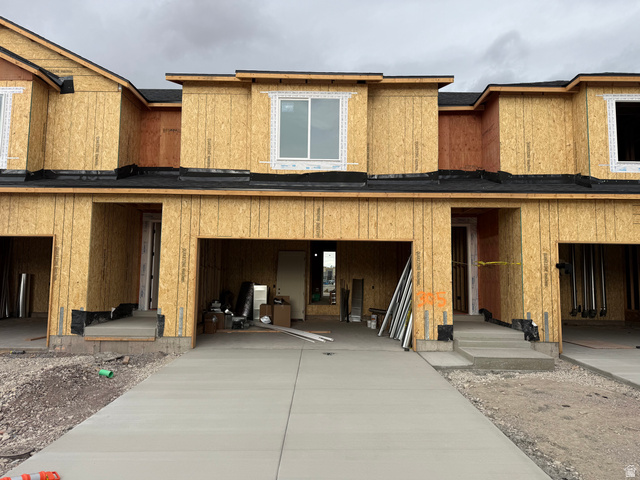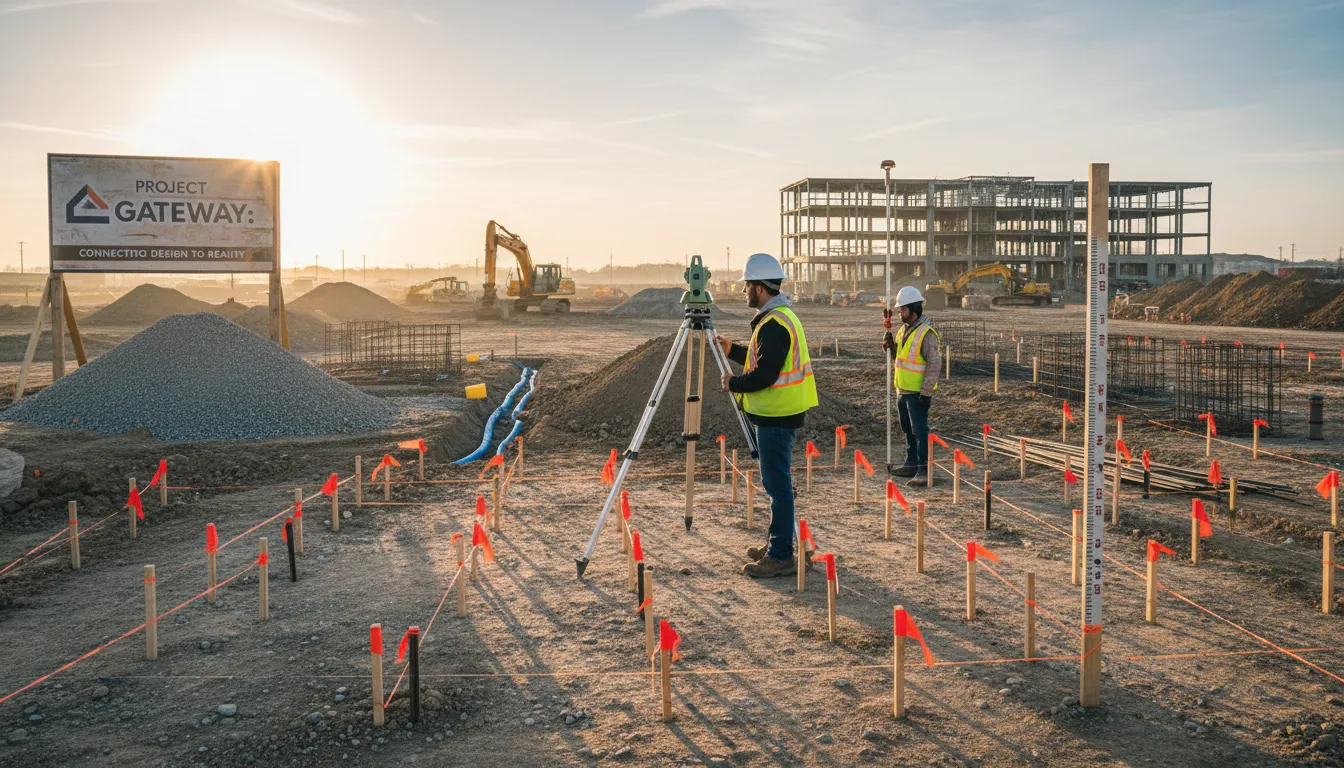Understanding property taxes is essential for anyone considering a home purchase, especially first-time buyers who may not be familiar with the complexities involved. Property taxes play a crucial role in local government funding and can significantly impact your overall cost of homeownership. Before securing that dream house, it's important to grasp how property taxes are assessed, calculated, and how they can affect your finances over time. This knowledge can empower you to make an informed decision and avoid unpleasant surprises in the future.

The Basics of Property Taxes
Property taxes are levied by local governments, like counties and municipalities, based on the value of the property you own. They are typically assessed annually and can vary greatly depending on the location, size, and type of property. The tax is calculated by applying a rate set by local authorities to the assessed value of the property. This assessed value is determined through property appraisals, which may not always reflect market trends, making it crucial for buyers to do their research.
The tax rates can be affected by several factors, including the local economy, available services, and school district funding needs. Property taxes fund essential services such as education, public safety, and infrastructure maintenance. For first-time buyers, understanding how these rates are formulated may not only help predict future costs but also shape your decision-making when selecting a neighborhood.
Understanding Your Tax Bill
When you anticipate your property taxes, it is essential to review the components of the tax bill. Most bills will include several detailed elements, from assessed values to exemptions or discounts you might qualify for. First, hitters might not realize that there are often tax exemptions available, such as those for veterans or senior citizens. Researching these exemptions could pave the way for significant savings.
First-time buyers should closely examine their local municipality's guidelines regarding assessment adjustments and exemptions. Understanding these policies allows buyers to engage in informed discussions with professionals like appraisers and insurance agents, which can lead to a more favorable negotiation outcome. Having a solid strategy can minimize long-term financial commitments.
Using Online Tools for Calculation
Fortunately for first-time buyers, various online tools allow for quick calculations and assessments of property taxes. The Bright-Line calculator and other digital resources help estimate what buyers can expect to pay based on their chosen property's location and value. Such tools equip first-time buyers with a clearer view of future financial commitments, which enables them to budget accordingly and avoid hurdles when closing a deal.
Though online tools are insightful, they should never replace consulting with local tax authorities or real estate professionals who have firsthand knowledge of tax implications. It's prudent to approach these resources as a starting point, whilst verifying calculations through trusted channels tailored to your specific locale.
Explore Utah Real Estate

83 W 850 S, Centerville, UT
$815,000
Bedrooms: 5 Bathrooms: 3 Square feet: 3,999 sqft

653 E RYEGRASS DR #305, Eagle Mountain, UT
$387,900
Bedrooms: 3 Bathrooms: 3 Square feet: 1,985 sqft

2031 N LAVA ROCK CIR #107, St George, UT
$4,185,000
Bedrooms: 4 Bathrooms: 5 Square feet: 5,404 sqft
The Impact of Property Location
The location of a property heavily influences property taxes. Urban areas with greater access to amenities such as schools, parks, and public transportation facilities generally have higher property tax assessments compared to rural settings. This is primarily due to the demand for real estate in desirable locations, which raises the overall property value. Consequently, first-time buyers need to weigh not just the price of the home but also the accompanying property taxes based on its location. Keeping an eye on the average tax rates in different neighborhoods can guide you toward areas that strike a balance between property value and tax obligations.
Potential buyers should be aware of evolving developments in the community, such as new school zones or infrastructure projects. These changes can either elevate property taxes or provide benefits that could plateau costs, thus impacting home values and taxation over time. Understanding the nuances of location-driven tax implications adds depth to the purchasing decision.
Long-Term Tax Implications
One of the most important aspects to remember when buying property is the long-term implications of property tax on your financial health. Property values fluctuate, but tax rates can rise, leading to unexpected increases in annual tax burdens. Foresight in budgeting for potential tax hikes can mitigate financial strain over time. Hence, it's wise to analyze past tax trends for a specific locality to anticipate future changes in taxation patterns.
As homeowners remodel or add square footage, their property value and property tax will likely increase. Assessing how your home renovation plans may impact the tax situation ensures that your investment aligns with your long-term financial goals. Keeping an eye on local government decisions regarding future budgets and funding will allow for proactive management of your tax situation and homeownership costs.
Budgeting for Taxes
Purchasing a home is often the most significant investment someone will make in their lifetime. Hence, it's crucial to incorporate property tax expenses into your overall budget. This means having a clear understanding of monthly payments, which include mortgage principal, interest, property taxes, and homeowners' insurance. Failing to account for property taxes could jeopardize your financial stability, especially if significant increases occur post-purchase.
To manage these expenses effectively, prospective buyers should create a comprehensive homeownership budget template that keeps track of all potential costs. This includes property taxes, utility bills, maintenance costs, and any anticipated increases. By establishing this financial plan, first-time buyers will be better equipped to handle the reality of homeownership and avoid unforeseen financial surprises.
More Properties You Might Like

2098 E GOOSE RANCH RD, Vernal, UT
$103,000
Square feet: 274,864 sqft

2148 E GOOSE RANCH RD, Vernal, UT
$116,000
Square feet: 309,276 sqft

6668 S 3200 W, Spanish Fork, UT
$2,074,000
Bedrooms: 3 Bathrooms: 3 Square feet: 2,560 sqft

Being a first-time property buyer involves navigating a complex landscape of financial obligations, and property taxes are a significant part of that journey. Understanding how property taxes work, what influences them, and how to manage them effectively can greatly enhance your purchasing experience. Knowledge of your local market, available deductions and exemptions, and robust long-term tax implications prepares you for the challenge ahead. With informed decision-making and thorough financial planning, first-time buyers can successfully maneuver through the property tax intricacies and enjoy a rewarding homeownership experience.
Related Articles:














